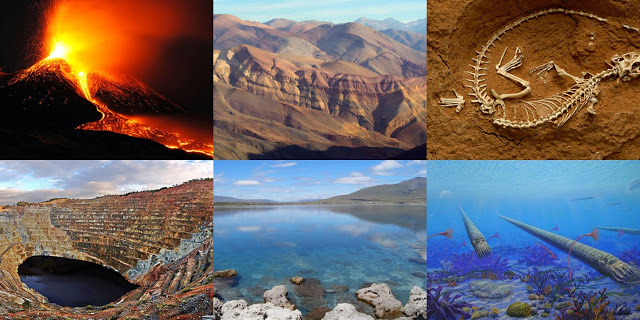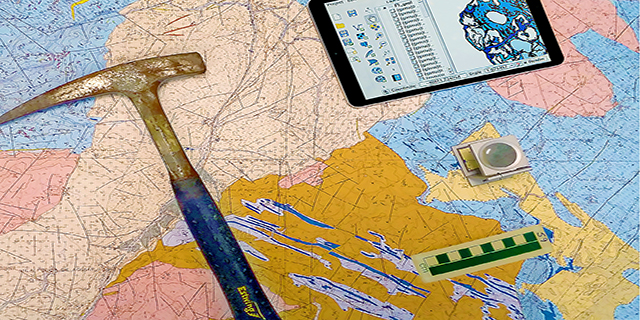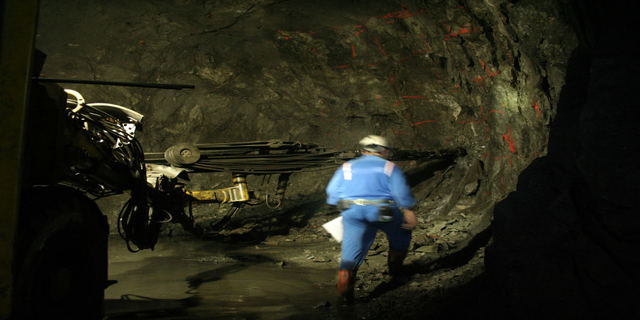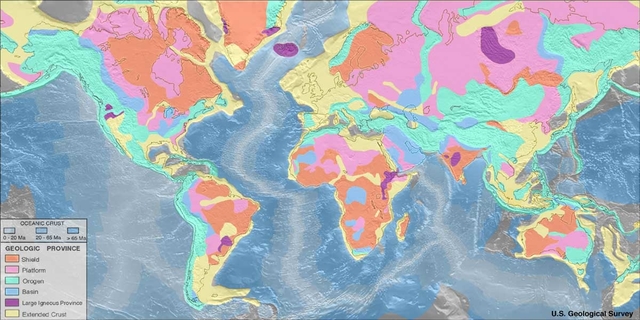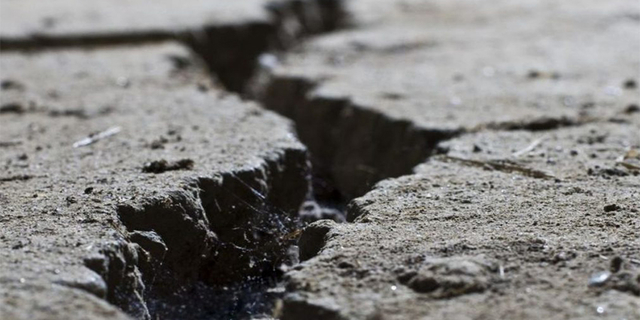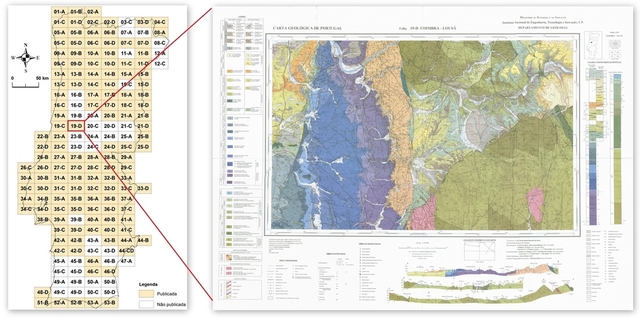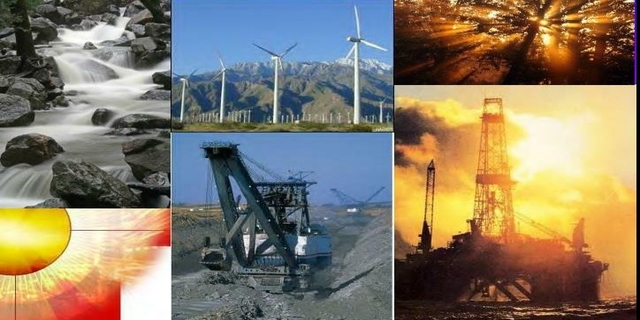DCT Courses
Geology at DCT
The city of Coimbra and its University have the best location to study Geology in Portugal.
The Department of Earth Sciences, which teaches the 1st cycle in Geology, is located in the sedimentary materials of the Lusitanian Basin, a few kilometers from the metamorphic massifs and igneous bodies.
Geographically it is the right place to do fieldwork, with easy access to mountain forms, river processes, estuarine and coastal processes, allowing a consolidated formation in Geology. The professors of the Department of Earth Sciences are all PhDs, coming from very diverse areas of knowledge, such as Geology, Geological Engineering and Mining Engineering. In addition to teaching, professors carry out research, with high repercussion in national and international journals, transferring knowledge to society, through companies and consultancy.
Coimbra, as a city centered on its students, has a good quality of life, and its University is recognized for its good hospitality.
Bachelor's Degrees
Bachelor's Degree in Geology
| Coordinators |
| Elsa Maria Carvalho Gomes |
The Degree in Geology allows you to work in civil construction and public works companies, georesources exploration companies (prospecting and exploration of water, oil and natural gas, mineral resources), companies specialized in field tests, conservation and restoration of stone materials, companies and institutions dedicated to the environment and spatial planning, Civil Protection, basic, secondary and higher education establishments and municipalities and inter-municipal associations.
(Click on the image for more information)
Why advance to a Master's?
A BSc in Geology generally qualifies an individual to work in areas of geology, however, specialized areas within the geosciences require a master's degree.
Masters
The Master in Geosciences (MGEOC) aims to train specialist masters in the essential fields of Geosciences, with the ability to respond to current and future national and international requirements at the scientific, technical, social and economic levels. The training areas include, in addition to classical geoscience topics, others that contribute to the United Nations' objectives for sustainable development, such as the environment, spatial planning, climate and sustainable management of georesources. The MGEOC seeks to maintain a strong practical aspect and a connection to society.
(Click on the image for more information)
The Master’s degree in Mining and Geological Engineering of the University of Coimbra aims to provide professionals with an integrated perspective of System of Earth and its evolution; with the ability to design, execute or collaborate in projects of prospection, evaluation, exploitation and improvement of geological resources; to collaborate in engineering works, namely tunnels, dams, bridges, canals, coastal works, roads, airports, large buildings; to collaborate on geoenvironmental requalification projects, to cooperate effectively with multidisciplinary teams; with comprehensive knowledge that allows them to redirect their training and work without significant loss of acquired skills; with respect for the environment and an ethical attitude that respects the principles of hygiene and safety at work.
(Click on the image for more information)
Master in Teaching of Biology and Geology
| Coordenator |
| Isabel Luci Pisa Mata da Conceição (DCV-FCTUC) |
| Delegate of DCT-FCTUC |
| Pedro Miguel Callapez Tonicher |
The general objectives of the Master in Teaching of Biology and Geology in the 3rd cycle of Basic and Secondary Education study cycle are in accordance with Decree-Law nº 79/2014 of 14 May, which defines the legal regime for professional qualification for teaching in pre-school education and in Basic and Secondary Education and with the Vision of the University of Coimbra and its guidelines (read more here): research, teaching, transfer of knowledge and resources (“Promote a proactive, rational, responsible and rigorous of resources, based on criteria of economy, effectiveness and efficiency, increasing the participation potential of the university community and society in the most diverse domains”).
(Click on the image for more information)
Master's Degree in Social Dynamics, Natural and Technological Risks
| Coordinator |
| Pedro José Miranda da Costa |
The Master's course in Social Dynamics, Natural and Technological Risks aims to provide solid theoretical and technical training in the different areas related to the problem of risk, both in terms of prevention and intervention in the event of disasters attributable to natural and technological processes. Being designed for a diverse audience, ranging from social sciences to natural and exact sciences and technologies, the contents allow an integrated and non-fragmented view, where the ability to interpret quantitative data is combined with qualitative methodologies of evaluation and perception of the risk in human communities.
(Click on the image for more information)
PhDs
The PhD in Geology course aims to train highly specialized geologists capable of facing 3 of the current challenges:
- Sustainability and resource management;
- Mitigation of risks related to geological processes (including geotechnical risks);
- Public perception of "Geosciences" and "Citizen Science".
(Click on the image for more information)
Specialized Training
The Specialization course in Regional Georesources aims to provide specialized training to graduates in geology or similar areas to professionals integrated (or who may be later integrated) in public institutions in CPLP countries and aims to meet specific needs in geological mapping, geological prospecting and assessment of geological resources.
(Click on the image for more information)


